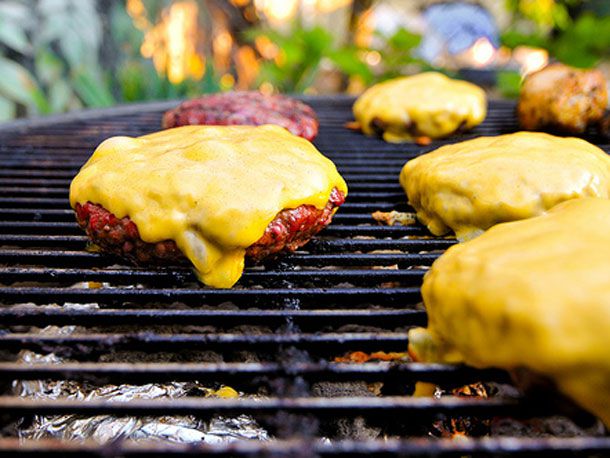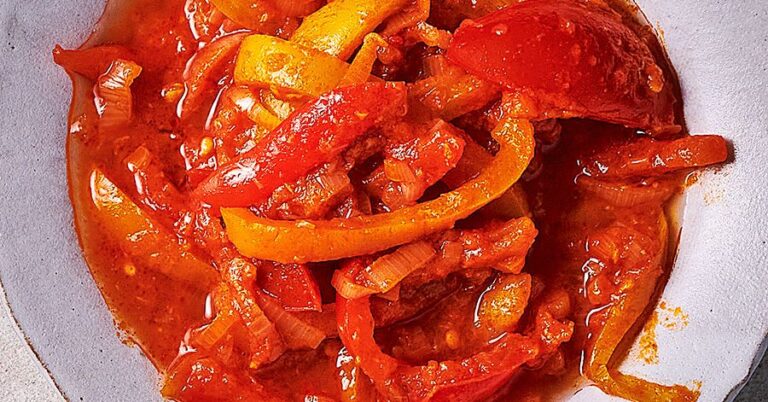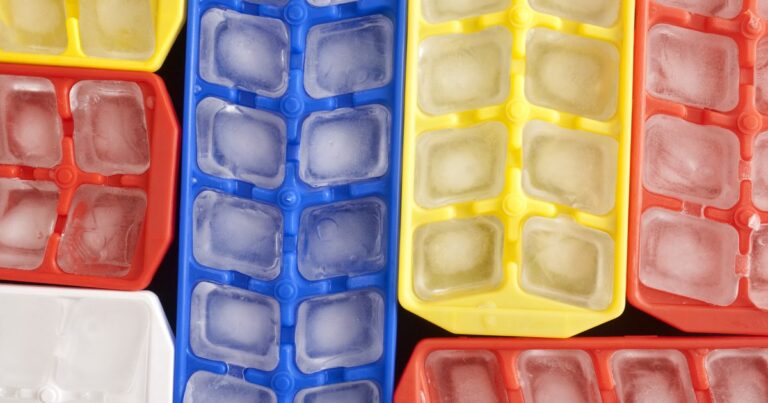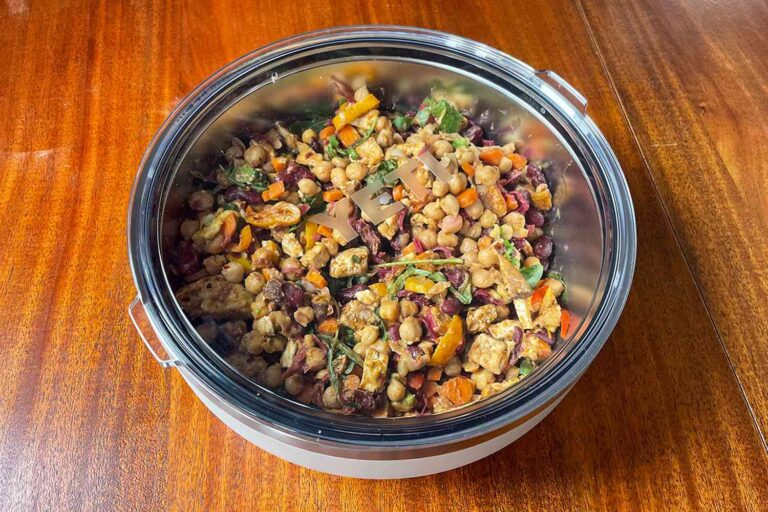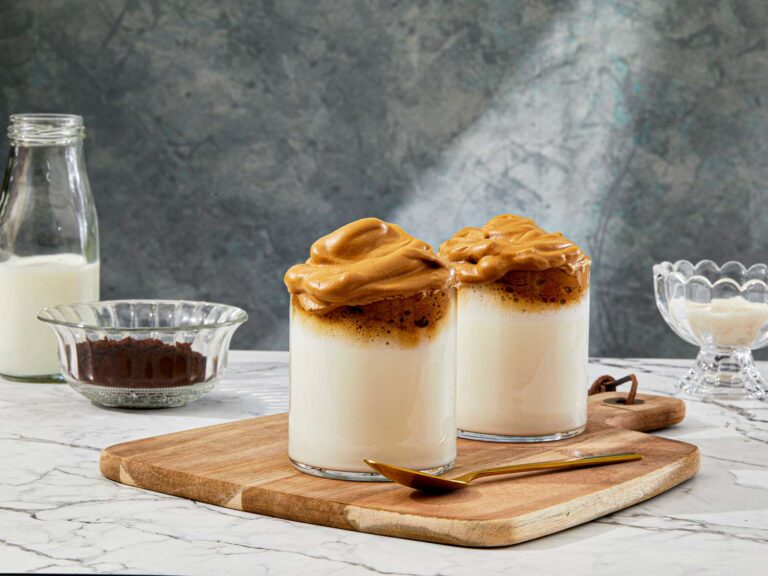The day after the laboratory that avoids everyone – and why it could trigger a fire
:max_bytes(150000):strip_icc():format(jpeg)/__opt__aboutcom__coeus__resources__content_migration__serious_eats__aht.seriouseats.com__images__2011__08__20110831-burger-grilling-primary-b6d02278ff80497e9a4bf31926dabc49.jpg)
Once or twice a year, deep cleaning of your grill is safe, efficient and willing to achieve a good taste. In gas grills, deep cleaning means, scratching and soaking, grille, the cooking disc and the burner tube to clear and empty the fat bowl. With charcoal grills, you have to clean the grids thoroughly, clear out ash and make sure that the ventilation slots can breathe. A small scrubbing now saves you from flare-ups, rust and poorly tasting food.
The day of work has come and gone, which means a few things: school buses are back, pumpkin spice everything is suddenly inevitable. The ice coffee season is ready for debate, and for many the barbecue season is running. This makes it perfect at the perfect moment to face the annoying care that we all avoid until the fat practically drips on our shoes: deep cleaning of the grill. Yes, it has to be done. No, you can’t skip it.
Serious food / Riddley Gemperlein-Shell
Do you need convincing? A few years ago, my neighbor put her grill – and almost her back deck – on fire. My husband screwed with a fire extinguisher, and when the smoke clarified, she saw us seriously and said: “But I always clean my grill.” The problem? Their definition of “clean” was to brush the grids every now and then and to swap the fat trap when she wanted to float. This is cleaning on the surface level, not a real deep cleaning. Without a proper scrub at least once a year (and ideally every few months, if you grill as often as I do), you have flare-ups, uneven heat and a grill that spark if you need the most urgently.
So roll up your sleeves. Regardless of whether you cook on gas or charcoal, as you give your grill the deep cleaning it deserves.
Why do deep cleaning run?
As shown above, the reasons for security are obvious: built-up fat can (and do) to cause flare-ups and fires. However, this is not the only reason to clean deeply:
- Better performance. Clean burners and ventilation slots mean more stable heat and more reliable ignition (for a gas grill).
- Longer life. A neglected grill dies young; A clean grill is an investment that takes.
- Taste payment. Char is great. Acrid, carbonized chicken skin in front of three cooking animals? Not so much.
Serious food
The tools you need
Take your cleaning arsenal together before starting. When you finish everything, the job will be faster and preventing you from lawn as soon as your hands are covered with fat.
- One or two large plastic containers (for soaking belt and tablets)
- Tail soap and warm water
- Rubber gloves (trust me)
- Grill brush or heavy bristle brush
- Paint the scrapers or smock knives
- Stainless steel wool
- Rag
- Plan or garbage bags to protect your terrace
- (Optional) grill “dental floss” for laying between rods and grill fat spray at the end
Deep cleaning of a gas grille
First of all, make sure that the grill has cooled completely. For gas grills, check whether the propane is switched off. With charcoal grills, confirm that the coals and the ashes are completely deleted. As soon as it is safe to handle a gas grill:
- Set up your station. Place a tarpaulin or garbage bags. Fill a container with hot soap water and one with clean water. This adheres to the chaos.
- Scratch the grids and aroma bars (the A-frame-shaped metal coverings over the burners). With the gloves brush and scratch everything directly into the cooking box) The cooking box is the bottom of the grill where all debris collects). This is the easiest way to curb the chaos because you can empty it later with the fat bowl. Love the tray as needed.
- Soak the grids and taste bars. Let the scraped grids and rods fall into your soap water tank. Once soft, they scrub with steel wool and a brush. Rinse into the clean water tank and then dry. The goal here is clean, but not from the showroom shiny.
- Clean the cooker and the burner pipes. Start up and scratch everything into the tray. A paint scraper is an excellent tool for this. Squeeze the burning tube slightly and wipe off the detonators with a wet rag so that you can properly steer. End with a wet rag.
- Take care of the fat bowl. Empty it, scratch it, sink if necessary, rinse it out and dry it. Replace the one -way pan inside when your grill has one.
- The outer washing. Use hot soap water and a rag to scrub the outside of the grill, including the buttons, side tables and cupboard doors. Don’t forget to follow cobwebs and tackle these sticky buttons.
- Dispose of responsibility. Leave the water tanks well from your house and grill area. The greasy water filled with rubble can attract strange animals if they are left nearby. And don’t pour it into your sink. There is probably enough fat to clog your pipes. Tie the bag together with scratches and throw them into a covered trash can to keep the pests away.
Deep cleaning of a charcoal grille
Wooden carbon grills have no fat bowls or fuel pipes of a gas grill, which you have to worry about, but you will be chaotic in your own way. Here you can find out how to go on one:
- The grids scratch. Use a stiff brush to switch off carbon dismantling. If you are particularly gnarled, soak them into this soap water container as with a gas grill, then scrub.
- Align the ash. Wait until the grill is completely cool. Remove the cooking grids, then draw out the old ash and the remaining briquettes. The ashes built up holds moisture and causes rust.
- Scratch the inner shell and the lid. Use a paint scraper or a putty knife to cut away with carbonized fat. Wipe off with soap water and a rag.
- Check the ventilation slots. Make sure that the upper and lower ventilation openings are free. If you are clogged, your grill cannot breathe and you will never get the right air flow.
- Wipe the outer off. As with a gas grill, you need soap, water and a rag. If your grill is enamelled, avoid grinding cleaners. If it is stainless steel, you can polish it with a specialized cleaner if you want.
Tips to keep your grill cleaner longer
- Brush after every cook. While the grill is still hot, they scratch the grids to prevent a structure.
- Empty ash/fat regularly. Don’t wait until it is overcrowded.
- Cover your grill. The combination of rain, fat and ashes can rust faster.
- Plan deep cleaning. Once a year, at least, but more often when you grill frequently. Post -Labor Day or before the Memorial Day are natural markers.
The end result
Cleaning your grill is no fun, but also not with a fire extinguisher over your garden. So take the or two hours, scrub until your arms are sore, and imagine for success. In this way, your grill is ready without surprises if the next urge is a year -round grill if you are a year -round grill when the next urge hits).

